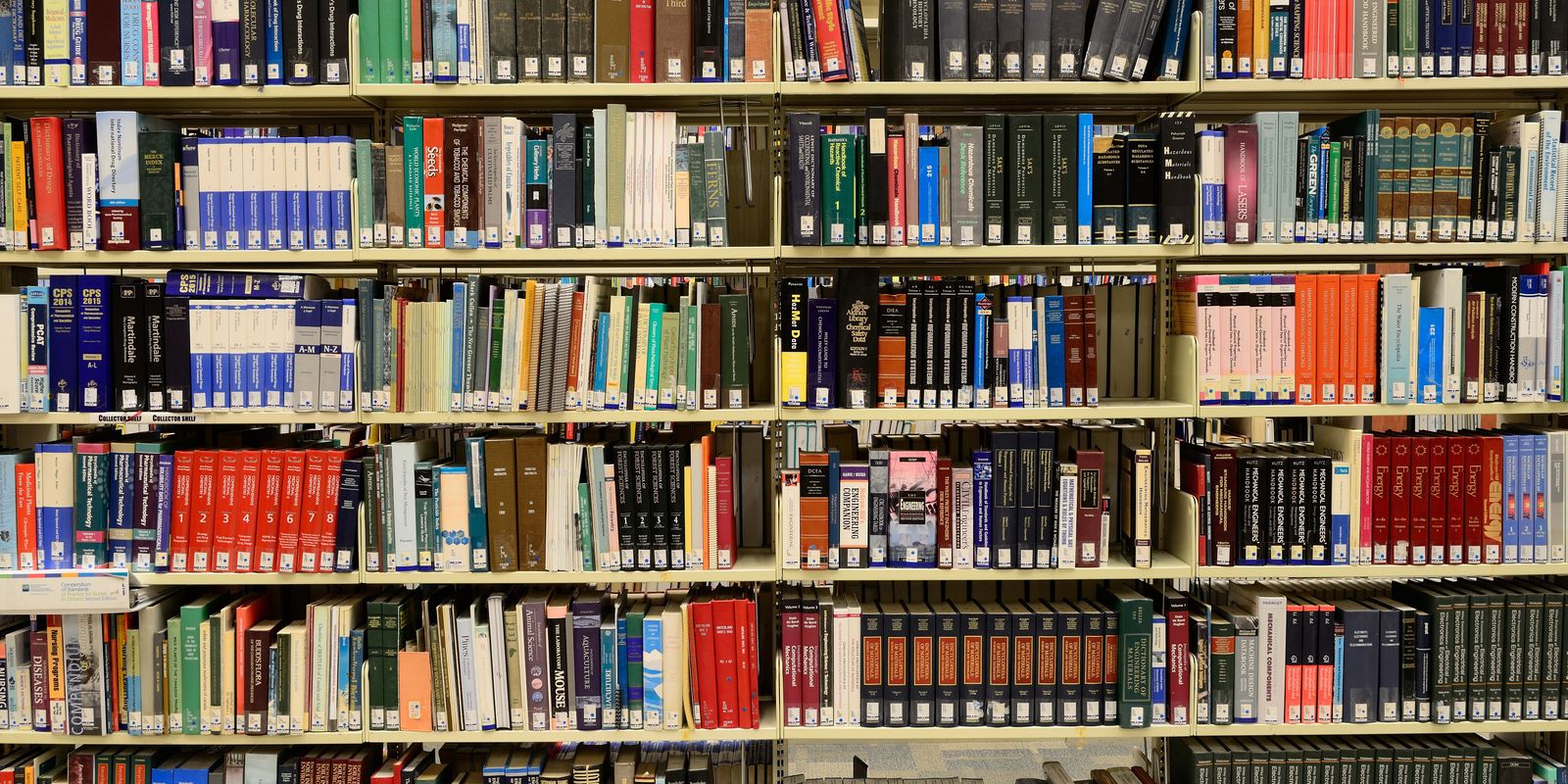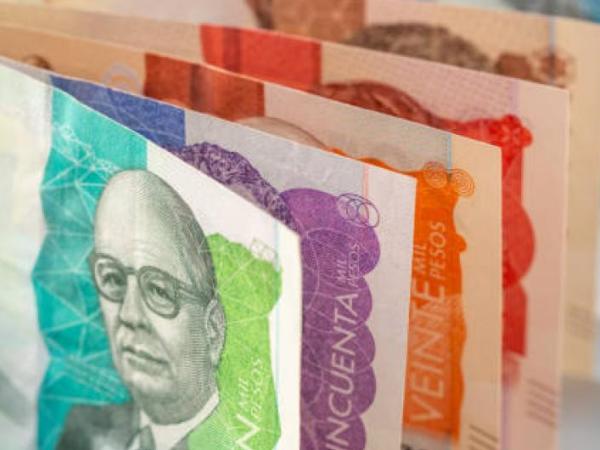With the signing of the decree regulating the National Reading and Writing Policy On Thursday (5) by President Luiz Inácio Lula da Silva, the discussion around proposals is resumed in the sector. The president of the National Union of Book Publishers (Snel), Dante Cid, defends that the distribution of books in digital and printed formats be combined to increase the number of spontaneous readers in the country. 
The regulation will enable the federal government to create a new National Book and Reading Plan (PNLL), seeking to reverse the decline in readers in recent years. The latest edition of the Portraits of Reading in Brazil survey, released in 2020, points to a loss of 4.6 million readers between 2015 and 2019. The survey was prepared by the Pró Livro Institute and Itaú Cultural.
To encourage renewed interest in books, the Snel representative emphasizes that experiences in schools abroad, in countries such as Sweden, can guide Brazil in this regard. He comments that institutions that adopted only the digital model obtained worse results in the assimilation of content by students.
Despite this finding, Cid believes that the electronic version could be a solution for places where transporting volumes is complicated and to increase access to specialized books. As an example, he cites the category of technical-scientific books that were part of digital libraries and could therefore be read, as he observed in his own experience with a publisher. This could be complemented by the physical library.
“A large part of the socially disadvantaged classes are in municipalities with high access. We know how difficult it is for young people to get to school and work, with transportation. It is equally difficult for books to reach them. We know that the Ministry of Education always works to make digital books available,” he recalls, suggesting that the department work together with the Ministries of Cities and Culture.
“We can have a mix of solutions: physical libraries in traditional municipalities and, in municipalities with more complicated access, having a set of printed products that arrive gradually, together with digital books that are immediately available”, he adds.
For the executive director of the free digital library SP Leituras in São Paulo, Pierre André Ruprecht, the decree is essential to put measures into practice. “It is more than a statement of interest or intention. It is a commitment to carry out concrete and important actions so that we can work together towards this goal of truly having a reading country, with access to knowledge and literature,” he said.

















